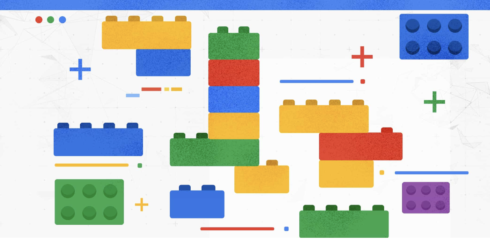
As part of it’s app modernization week, Google announced a number of new updates to help organizations get started with their digital transformations and to streamline application development and delivery.
The Google Cloud App Modernization Program
The Google App Modernization Program (Google CAMP) was formed to offer advice on how organizations can start their journeys into becoming software companies.
Google CAMP also reflects learnings gained via six years of research by DevOps Research and Assessment (DORA) into practices that drive high performance, according to the company.
The program improves business results through tailored modernization advice gained through a data-driven assessment, concrete solutions, recommendations, and best practices for application modernization, and finally, a modern yet extensible platform.
“Whether you’re building a Kubernetes, serverless, or mainframe application, the Google CAMP assessment shows you where to start your application modernization journey, identify your priorities, and how to maximize your ROI,” Google wrote in a blog post that contains additional details about the program.
Anthos updates
Anthos, the hybrid and multi-cloud modernization platform, received hybrid AI capabilities that are designed so that users can utilize the technology wherever their workload resides.
Speech-to-Text On-Prem, which gives users full control over speech data that is protected by data residency and compliance, is now available through the Google Cloud Marketplace.
Also, Anthos now includes Anthos attached clusters, which let users manage any Kubernetes cluster with the Anthos control plane — including centralized management for configuration and service mesh capabilities.
Additional details are available here.
App development and delivery updates
Google announced new additions to its application development and delivery platform to help developers, operators, and security professionals deliver better quality software to production faster.
First is added support for Cloud Run, a fully managed container platform that allows users to write, deploy, and debug containerized applications directly from their IDEs such as VS Code and IntelliJ onto a fully managed serverless runtime.
Second is built in extensive support for fast feedback as part of the local development loop and third is built-in support for Google Cloud Buildpacks in Cloud Code.
Artifact Registry is now in beta and it enables users to manage and secure artifacts like maven and npm language packages, along with Docker images.
Additional details on all of the recent updates are available here.






